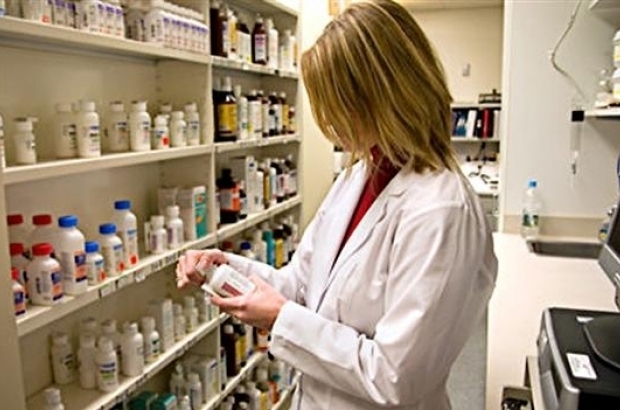- Daily & Weekly newsletters
- Buy & download The Bulletin
- Comment on our articles
Pharmacies failing to check before selling over-the-counter medicines
Pharmacies are not asking their customers enough questions about their health conditions to check that an over-the-counter medicine is safe for them to use, according to a new study from Belgian consumer protection agency Test Achats.
Using mystery shoppers, Test Achats visited almost 100 pharmacies in Belgium and had people request a medicine that they had seen advertised in the media. Only two out of 96 pharmacies asked patients the appropriate questions before selling the product.
“The result of our survey shows the harmful effect of drug advertising, which is further aggravated by the lack of advice from the pharmacist,” said a Test Achats spokeswoman.
“We have long argued for a ban on advertising for non-prescription medicines, which offer no added value for patients but simply serves the interests of pharmaceutical companies.”
Test Achats pointed out that Belgian pharmacists say they want to avoid the sort of system that exists in countries such as the US, where a wide range of over-the-counter medicines can be purchased without any consultation at all.
“Pharmacists – who regularly invoke their added value of fighting against ‘drug supermarkets’ or reserving the sale of certain products for themselves – must really take their role seriously,” the Test Achats spokeswoman said.
The consumer protection group warned that the role of a pharmacist in Belgium is becoming more and more like that of a salesperson rather than a healthcare provider, and the organisation said it informed the federal health minister and the Pharmacists' Association of its findings.
One group of mystery shoppers involved in the study claimed to be suffering from a dry cough, which is a side effect of high blood pressure medication, and asked for Bronchosedal Mucus.
The customers specified that they wanted the drug because they had seen it in an advertisement.
The pharmacist’s role was then to warn the patient about risks such as side effects, interactions with other medicines and contra-indications, which is done in part by asking a series of questions such as: How long have the symptoms been present? What actions have already been taken? Are you taking any other medicines or suffering from another condition?
But only one pharmacist understood that the dry cough was a side effect of another medication and then referred the patient to her doctor, whereas 16 of the pharmacists simply dispensed the syrup requested, even though it was not meant for dry coughs. Some 26 pharmacists offered another cough suppressant and three suggested food supplements.
“While Test Achats has in the past secured compulsory continuing education for pharmacists, this needs to be deepened and strengthened,” the organisation reported.


















